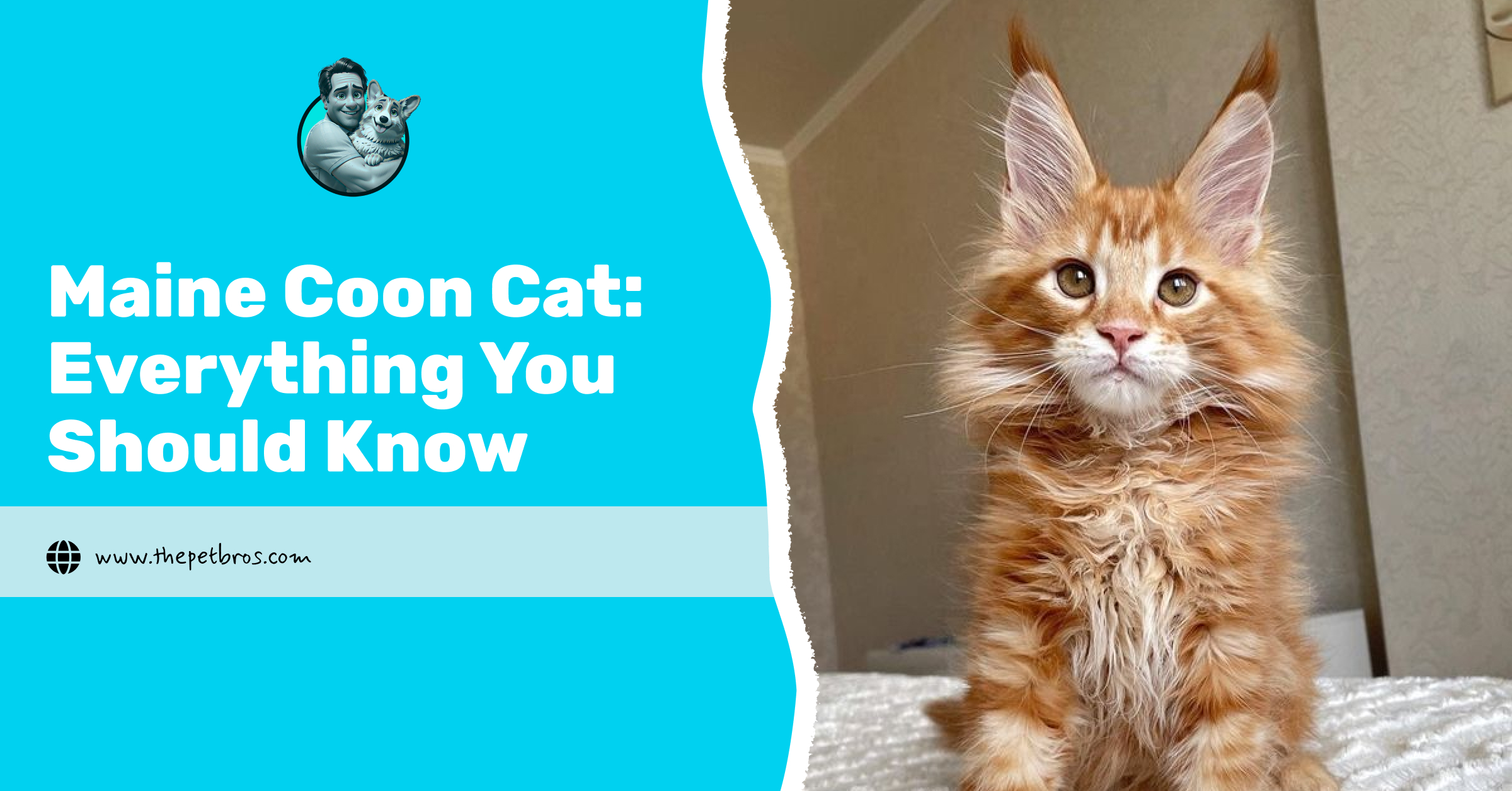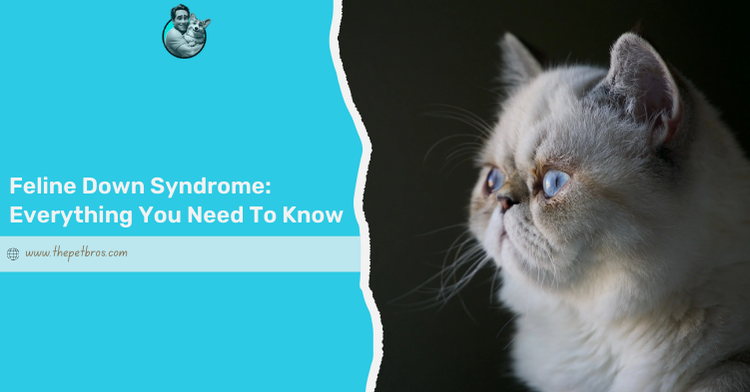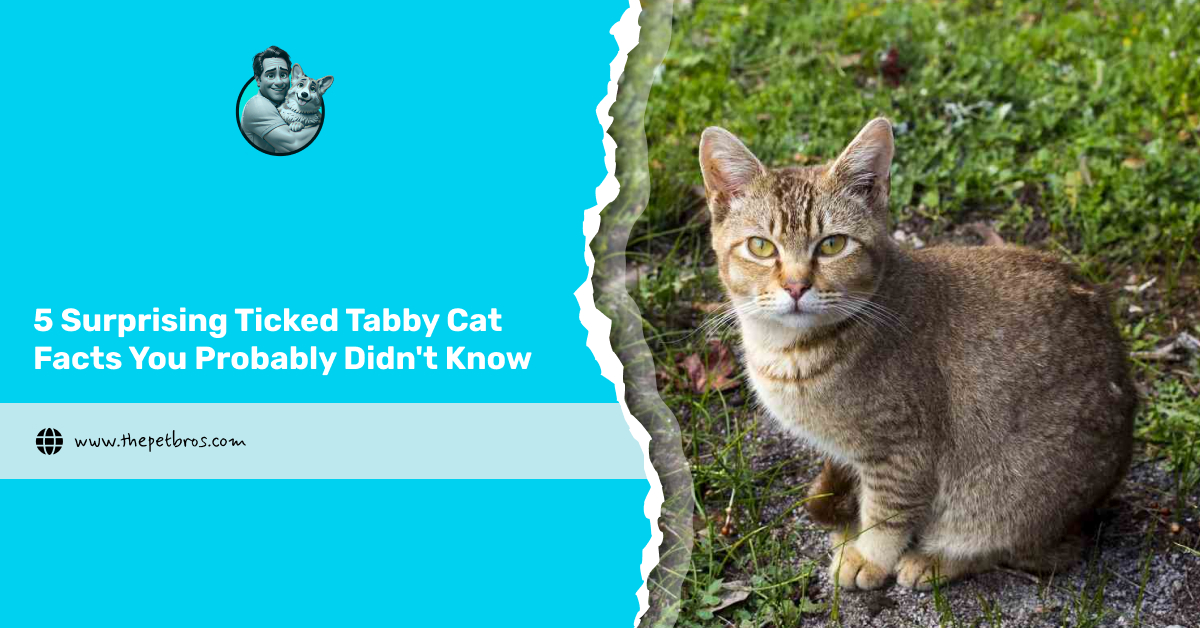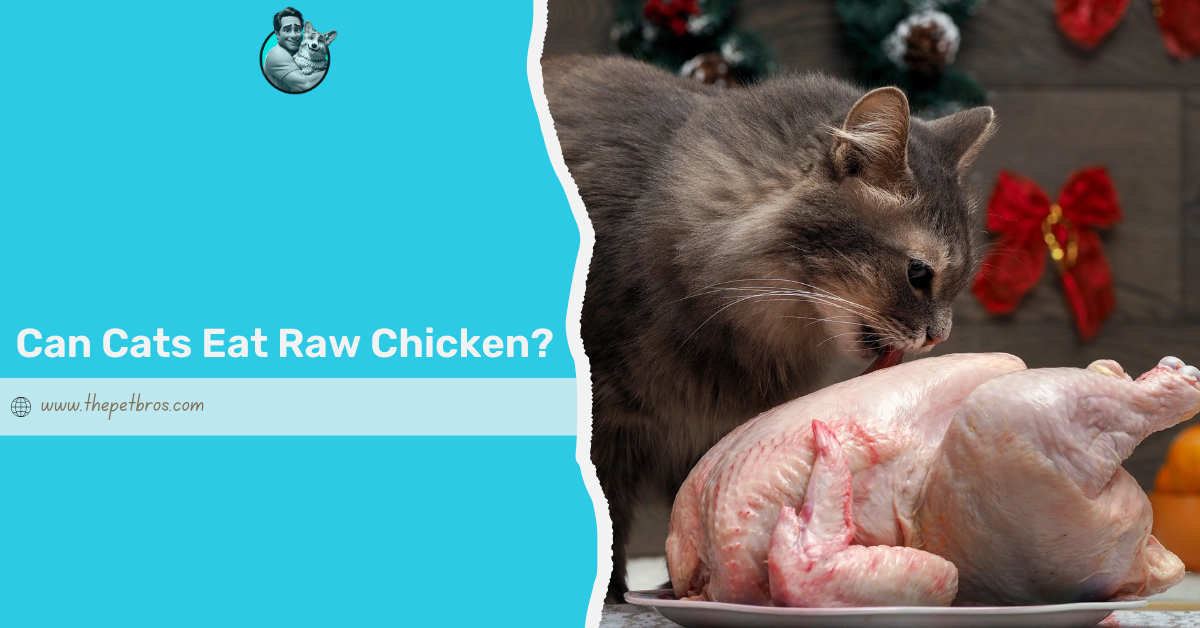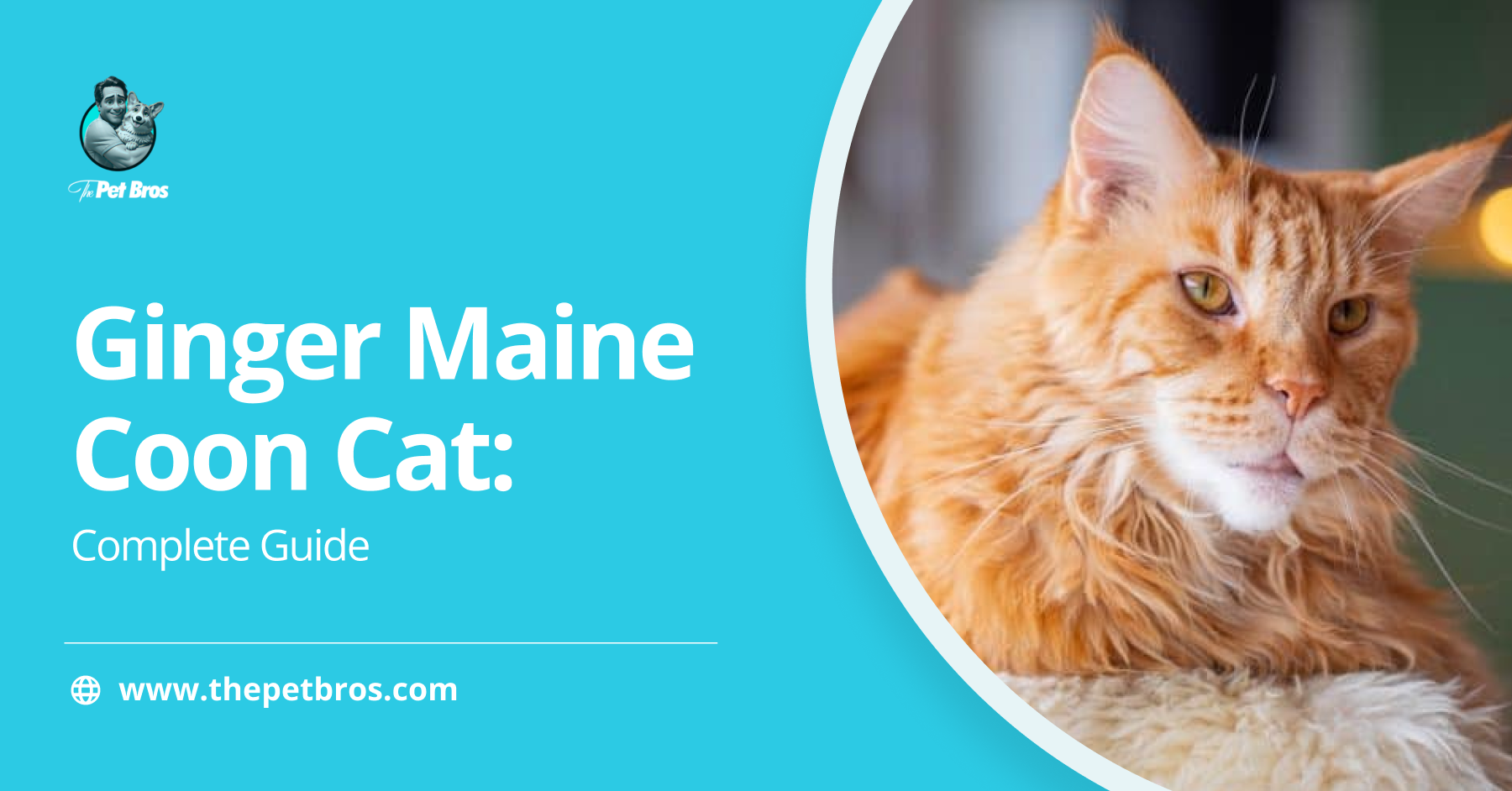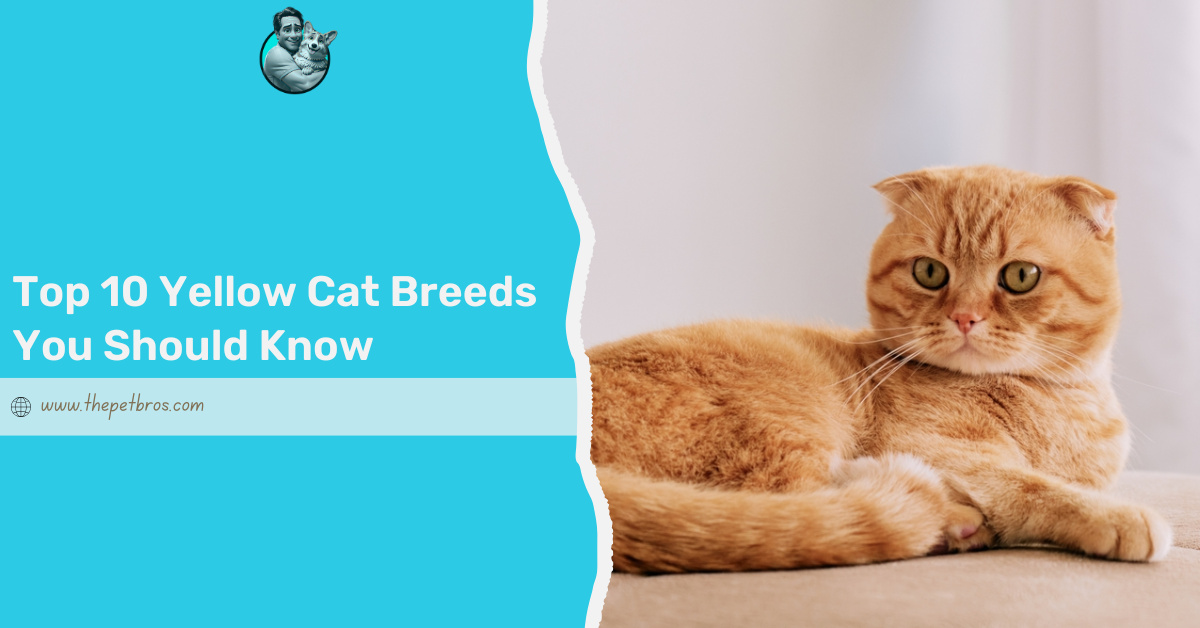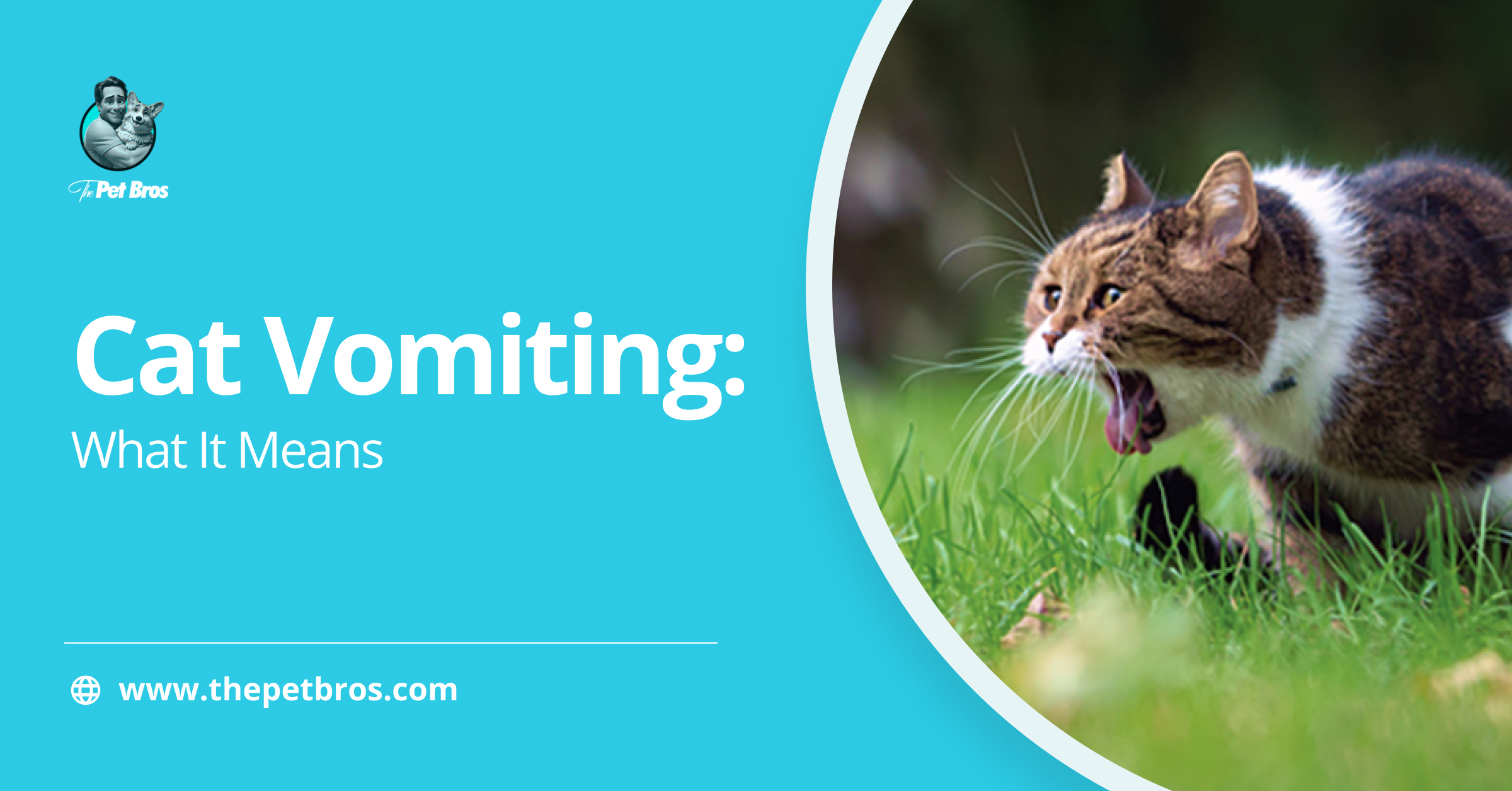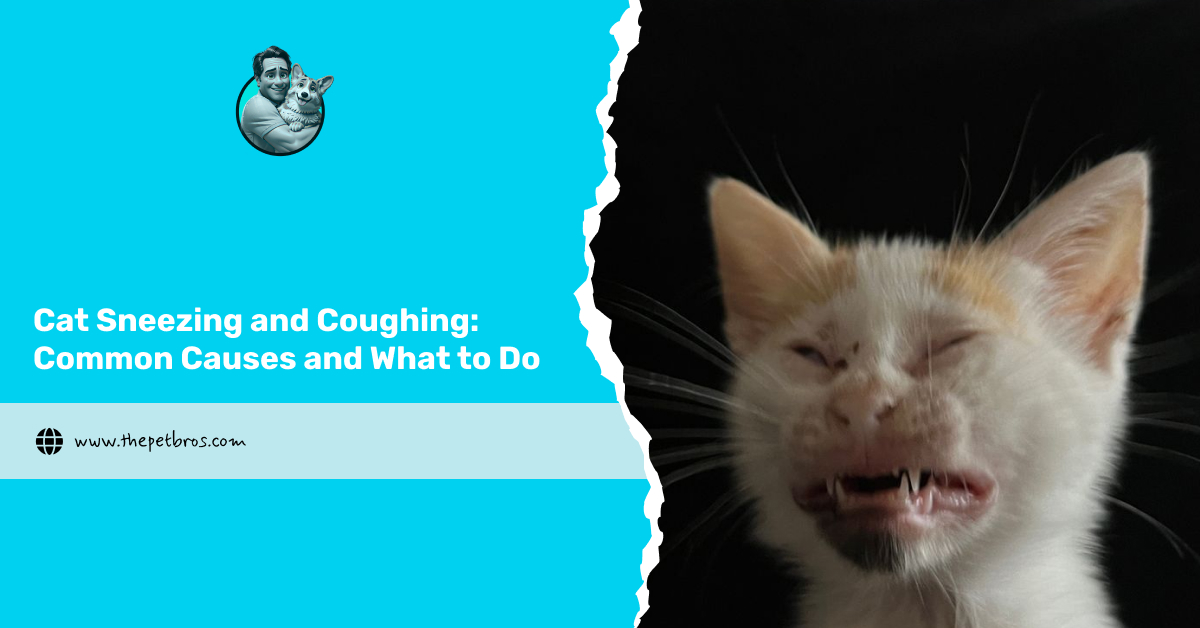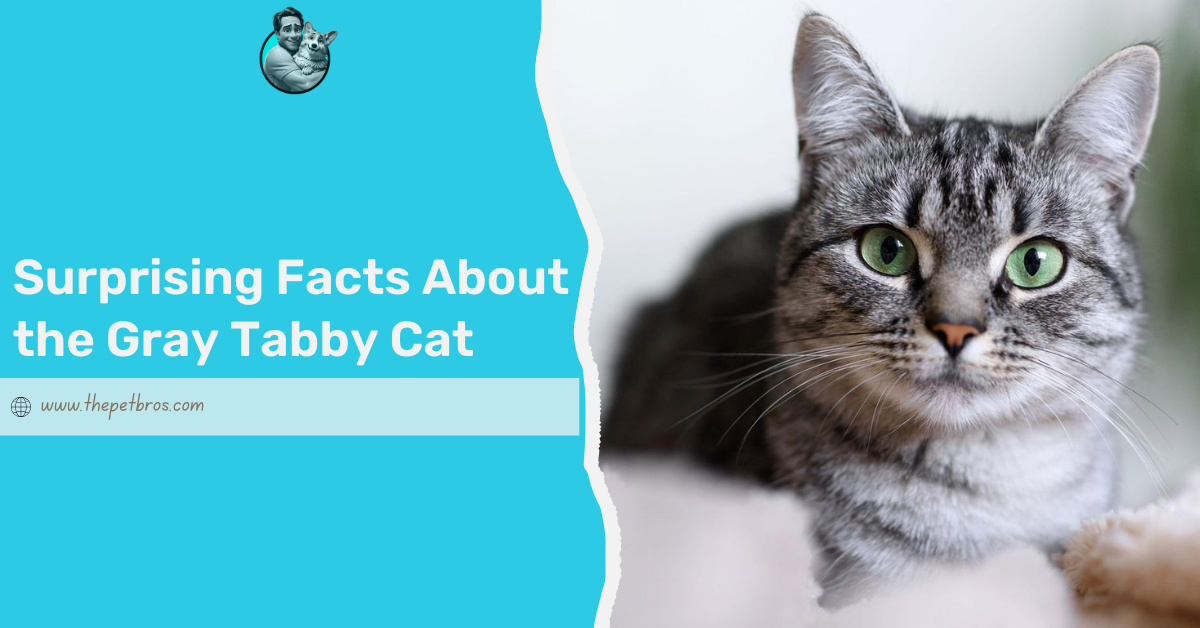If you have ever seen a cat that looks more like a gentle lion lounging on a sofa, chances are you have met a Maine Coon Cat. Known as one of the largest domestic cat breeds, these cats carry a mix of wild charm and affectionate sweetness that makes them hard to resist. With their long flowing coats, tufted ears, and bushy tails, Maine Coons are often described as the royalty of the feline world.
But their appeal goes far beyond looks. A Maine Coon Cat is famous for its playful personality, intelligence, and love for companionship. They are sometimes called “gentle giants” because, despite their size, they tend to be affectionate and good-natured with families, children, and even other pets. Owning one feels like having a furry friend who is part cat, part dog, and part comedian with a funny name.
Whether you are already a fan of the breed or just curious about their unique traits, learning more about the Maine Coon Cat will help you understand why they are so loved around the world.
The History and Origin of the Maine Coon Cat
The story of the Maine Coon Cat is wrapped in mystery, which only adds to their charm. Unlike some breeds with carefully documented beginnings, no one can say with certainty how the Maine Coon came to be. What we do know is that this majestic cat made its first home in North America, particularly in the northeastern state of Maine. This is why the breed carries the name so proudly.
One popular theory says that the Maine Coon may have descended from cats brought by Viking explorers. Imagine a Viking ship arriving centuries ago, with long-haired cats jumping onto the shores of America, ready to adapt to a colder climate. Their thick coats and sturdy builds would have been perfect for surviving harsh winters. Another tale suggests that seafarers carried cats on ships to keep mice away, and some of these cats eventually stayed behind, blending with local cats to create what we now know as the Maine Coon.
Farmers adored these cats because they were strong hunters, excellent at keeping barns free of rodents. Families, in turn, grew fond of them for their friendly personalities and their ability to balance independence with affection. By the late 1800s, the Maine Coon was already turning heads at cat shows, and its reputation as a true American treasure was firmly established.
Physical Features of the Maine Coon Cat
If you have ever met a Maine Coon in person, the first thing you probably thought was, “Wow, that is not just a cat, that’s a whole presence!” These beauties are one of the largest domestic breeds in the world, and they absolutely live up to that title, with their powerful tail wags.
Males can easily tip the scales at eighteen to twenty pounds, while females are a little lighter but still far larger than your average tabby. When they stretch out, some of them look like they could take up the entire sofa, and honestly, they will not hesitate to do just that.
Now let’s talk about their coats because that is where the magic really happens. The Maine Coon’s fur is thick, luxurious, and built for cold winters. Imagine a silky mane that frames their face, flowing down their chest like a lion, paired with a bushy tail that could double as a scarf. Their ears are another showstopper, with tufts of fur sprouting from the tips.
And the colours! Maine Coons come in an incredible variety, from classic brown tabby patterns that make them look rugged and earthy, to stunning silvers, reds, creams, and even solid blacks or whites. Some have coats that shimmer in the light, while others look like they are wearing a patterned cape. No two Maine Coons are ever quite the same, which makes meeting one feel special every single time. When you combine their size, coat, and those unforgettable ears, it is no wonder people stop in their tracks and say, “That cat is majestic!”
| Feature | Male Maine Coon | Female Maine Coon |
|---|---|---|
| Weight | 18–20 lbs (can be heavier) | 12–15 lbs on average |
| Size/Length | Can stretch across a full sofa; noticeably large frame | Slightly smaller but still bigger than average house cats |
| Coat | Thick, shaggy, luxurious; built for harsh winters | Same dense double coat, equally protective |
| Tail | Long, bushy; often compared to a scarf | Bushy but proportionally lighter |
| Ears | Large with distinctive fur tufts | Same signature tufted ears, though sometimes smaller |
| Colour Variety | Wide range: brown tabby, silver, red, cream, black, white | Same variety; no gender difference |
Personality of the Maine Coon Cat
You know how some cats act like royalty, barely giving you the time of day? Well, Maine Coons are nothing like that. These cats are often called “gentle giants” for a reason. They are affectionate without being clingy, the kind of pet that makes you feel loved but never smothers you. If you are sitting on the sofa, a Maine Coon might settle nearby just to keep you company, almost like they are saying, “I’m here if you need me, but I’ll give you space too.”
What makes them extra special is their dog-like loyalty. Many Maine Coon owners will tell you that their cat actually follows them around the house like a shadow. Head to the kitchen, and you might hear the soft patter of paws behind you. Move to your bedroom, and there they are, hopping onto the bed as though it is their natural throne. They want to be near their humans, but in such a calm and reassuring way that it feels like having a furry little guardian watching over you.
On top of that, they are playful, and I mean truly playful. Some Maine Coons will happily chase toys for hours, while others learn to play fetch, which makes you wonder if they forgot they are cats. They are also chatty in the cutest way. Instead of constant meows, they chirp and trill, almost like they are trying to hold a conversation with you.
4 Ways to Care for a Maine Coon Cat
If you are lucky enough to share your home with a Maine Coon, you will quickly learn that their size and fluff come with a little extra care. Nothing overwhelming, just a few things that keep them healthy and happy. Here are four simple ways to make sure your gentle giant thrives.
- Brush that glorious coat: Maine Coons have thick, flowing fur that looks like it belongs on a fashion runway. But with all that beauty comes the responsibility of brushing. A few minutes several times a week keeps mats and tangles away, plus it’s the perfect bonding moment. Many Maine Coons even enjoy grooming sessions because they feel like a mini spa treatment that leaves them happy.
- Keep mats and tangles under control: Even with brushing, you might spot little tangles hiding under their belly or around their legs. Don’t panic. A wide-toothed comb or detangling brush works wonders. The key is to be gentle and patient, because tugging can upset them. Think of it as a beauty routine rather than a chore.
- Bath time might surprise you: Unlike most cats, some Maine Coons do not mind water. A quick bath every so often can help with their coat and skin, especially if they have been on outdoor adventures. You might even find that your Maine Coon treats the bathtub like a personal playground. It is not a must-do all the time, but it is handy if they get extra dirty.
- Do not forget nails and teeth: Those big paws need a little attention, too. Trim their nails regularly to keep them comfortable and prevent scratches on your furniture. Dental care is just as important, since Maine Coons are prone to dental issues if left unchecked.
Health Concerns of a Maine Coon Cat
Now, here’s the truth every Maine Coon lover should know. These cats may look like unstoppable furry lions, but even the mightiest giant has a few weak spots. Knowing what to look out for will make sure your gentle giant enjoys a long, healthy, and happy life.
First up is hypertrophic cardiomyopathy, usually shortened to HCM. Sounds fancy, right? It basically means thickening of the heart walls. It is the most common heart disease in cats, and Maine Coons are unfortunately more prone to it. The scary part is that it can sneak up quietly, so regular vet check-ups are your secret weapon here. Catching it early makes a huge difference.
Next is hip dysplasia, which you might associate more with dogs, but yes, Maine Coons can get it too. Remember, they are heavyweights in the cat world, and that extra size puts pressure on their joints. Signs can include stiffness, reluctance to jump, or walking with a bit of a wobble. Think of it as their way of saying, “My hips need a little help here!”
Dental issues are another sneaky problem. Their big jaws and teeth need regular care, or they can end up with gum disease. Brushing their teeth sounds wild, I know, but once you and your cat get the hang of it, it can be surprisingly manageable. Finally, always keep in mind that Maine Coons have a good lifespan, usually around 12 to 15 years, but with proper care, many live even longer.
Here is a quick table to keep things clear:
| Health Concern | What It Means | What You Can Do |
| Hypertrophic Cardiomyopathy (HCM) | Thickening of the heart walls | Regular vet check-ups, early screening |
| Hip Dysplasia | Joint problems from their large size | Watch for stiffness, and provide joint supplements if advised |
| Dental Issues | Gum disease and tooth decay | Brush teeth, use dental treats, and schedule dental cleanings |
| General Health | Lifespan of 12–15 years | Balanced diet, exercise, routine vet care |
With a little extra attention in these areas, your Maine Coon can stay as majestic and playful as ever.
Feeding Your Maine Coon Cat
Maine Coons are not your average nibbly house cats. Their size alone means they burn more energy, so they need meals that fuel their big bodies without turning them into fluffy couch potatoes. Think of it as balancing a gourmet diet with a fitness plan, all in one bowl.
Protein is your best friend here. Maine Coons thrive on diets rich in high-quality animal protein like chicken, turkey, or fish. This is what keeps their muscles strong and their playful energy flowing. Carbs should be kept minimum since cats are not really designed to digest them in large amounts. If your cat’s food reads like a bread recipe, it might be time to switch.
Portion control is another key. It is so easy to overfeed them because they look so big and you think, “Surely they need more food.” But here’s the trick. Their frame is large, yes, but that does not mean unlimited snacks. Obesity can creep in quietly, and carrying extra weight puts even more strain on their joints. Sticking to proper meal portions keeps them fit without spoiling their royal figure.
You also want to avoid foods that are dangerous for cats altogether. Things like onions, garlic, chocolate, grapes, and certain artificial sweeteners are a big no.. Your Maine Coon will happily act like they deserve the entire treat bag, but remember, you are in charge of the castle kitchen.
Living With a Maine Coon Cat
So, what is it actually like sharing your home with a Maine Coon Cat? Imagine having a furry roommate who takes up more space on the sofa than you do, but somehow makes it feel like the best arrangement ever. These cats are often called “gentle giants,” and living with one really drives that home.
They are affectionate without being clingy, playful without being destructive, and social without being overwhelming. In short, they are the perfect mix of charm and mischief. One thing you will notice quickly is their love for companionship.
Space is another factor to consider. While they can adapt to apartment living, their size and playful energy mean they really appreciate having room to stretch, climb, and explore. Cat trees, scratching posts, and interactive play sessions go a long way in keeping them happy.
If you have other pets, the good news is that Maine Coons usually get along well. Their easygoing nature makes them excellent companions for dogs, other cats, and even kids. They fit into family life with ease, almost as if they know they are part of the team.
4 Fun Facts About Maine Coon Cats
If you thought you knew Maine Coons, wait until you hear these fun facts!
- Nicknames like “gentle giant: People call Maine Coons the gentle giants of the cat world, and it is so true. Despite their size, they are total softies who love snuggles and being around people. Think of a cat the size of a lion cub but with the personality of your sweetest friend.
- The official state cat of Maine: Yes, they are literally celebrities in the cat world! Maine Coons are the official state cat of Maine, which makes sense since they are believed to have originated there. Imagine being so adored that an entire state claims you as their own.
- Chirping and trilling sounds instead of typical meows: This one always makes people smile. Instead of the usual meow, Maine Coons chirp and trill, almost like they are holding a little conversation with you. It is charming, funny, and makes you feel like you are talking to a feathery little bird-cat hybrid.
- Records: one of the world’s longest cats: Maine Coons are record breakers. One of them, Stewie, held the Guinness World Record for being over four feet long. That is basically the length of some sofas. Can you imagine a cat stretching across your entire couch?
Conclusion
Maine Coon cats truly are one of a kind. From their imprqessive size to their adorable chirps, they have a way of stealing hearts wherever they go. Whether it is their title as the official state cat of Maine or their record-breaking length, there is always something new to learn about these gentle giants. Living with one feels like having a mix of a best friend, a comedian, and a fluffy guardian all rolled into one. If you ever meet a Maine Coon, prepare yourself because they will charm you in ways you never expected.
FAQs
Why are Maine Coon cats so big?
Their impressive size comes from natural evolution in cold climates, genetic heritage, and selective breeding practices.
How big does a Maine Coon cat get?
A Maine Coon cat can reach 18 pounds or more, with some even surpassing 20 pounds.
Are Maine Coon cats good pets?
Yes, Maine Coon cats are affectionate, gentle, highly social, and get along well with families and children.
What is the lifespan of a Maine Coon cat?
The average Maine Coon cat lifespan ranges between 12 and 15 years with proper care.






